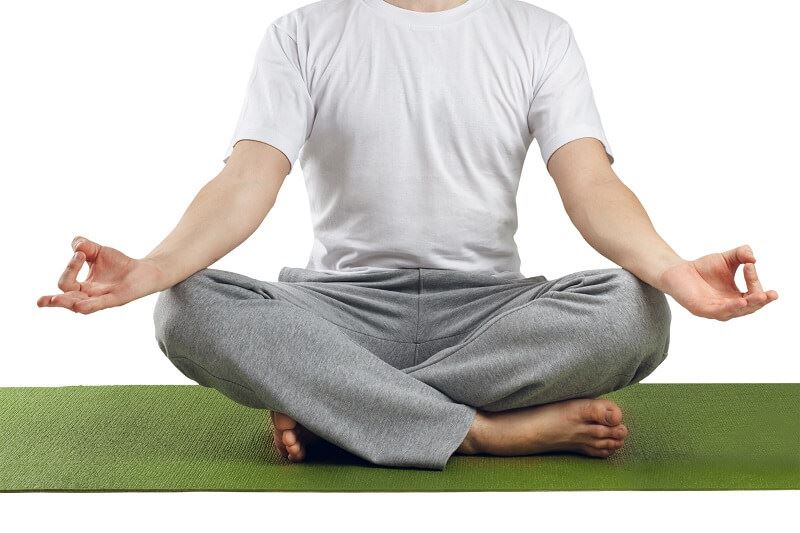A comprehensive and effective substance use disorder treatment program uses many different therapeutic approaches, both traditional and complementary. Qigong for addiction treatment is a complementary holistic therapy that has been shown to positively contribute to a person’s ability to achieve and maintain sobriety.
Qigong is an evidence-based therapeutic approach that improves a person’s health and subsequent quality of life. Qigong is also effective for treating a range of physical and mental health conditions.
What Is Qigong?
Qigong—sometimes written as chi kung or chi gung—is a traditional Chinese medical practice that originated in ancient China and has developed over thousands of years.1 Qigong is a mind and body practice that involves specific postures and sequences of gentle movements, coupled with changes in mental focus, breathing, coordination and relaxation.
According to a 2007 National Health Interview Survey, about 600,000 Americans practiced qigong in the previous year.2 People practice qigong because of the many benefits it can bring, including psychological benefits such as reducing anxiety, stress and depression. Tai chi is a closely related traditional Chinese medicine practice and it also involves combining specific movements or postures, coordinated breathing and mental focus.
Since many people who are experiencing addiction also have the accompanying symptoms of anxiety, stress or depression, qigong for addiction treatment is a good addition as a complementary therapy for helping participants to decrease symptoms.
Benefits of Qigong
One major benefit of qigong is that it helps people who have experienced a loss of coordination to regain some muscle control in a gentle, low-impact manner.3 This is especially helpful for adults who are midlife or older who find it difficult to perform strenuous exercises.
Another major benefit of qigong is that its low-impact, moderate-intensity aerobic exercises help participants relax. This decreases anxiety, depression and blood pressure and benefits recovery.
Chronic sleep problems are associated with a decrease in health and an increase in depressive symptoms. Qigong may also be able to improve sleep quality, which can have a positive impact on a person’s mental health.
Qigong for Addiction Treatment
Research supports qigong for addiction treatment as a promising therapeutic approach for substance use disorder treatment. Qigong can help those experiencing withdrawal during detox. One study showed that people who practiced qigong during withdrawal experienced comparatively fewer withdrawal symptoms than those who did not.
In addition, research studies show that qigong participants had a higher rate of completing treatment and a greater reduction in cravings. Qigong has also been shown to lower relapse rates and improve anxiety scores.
Practicing Qigong
Qigong requires patience, practice and concentration, and it emphasizes control and focus. Some people who are working to overcome a substance use disorder may initially find this difficult to accomplish. By starting out with less complicated forms, and then moving on to the more difficult and intricate forms, many find qigong for addiction treatment an effective way to handle withdrawal and improve both their physical and mental health.
When you or a loved one are evaluating treatment programs, those that have qigong for addiction treatment can help a person recover more easily and effectively. Also, qigong is a tool that can be practiced long past the completion of a treatment program, resulting in lasting improvements to mental and physical health.



